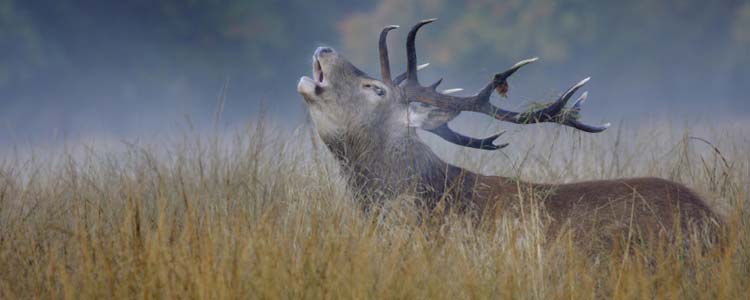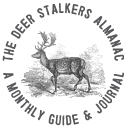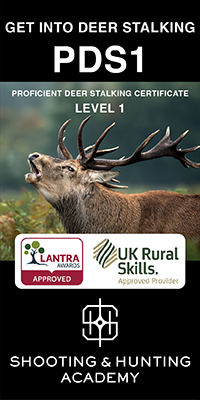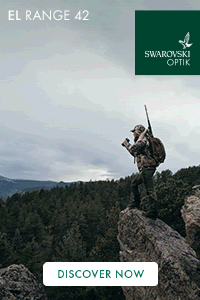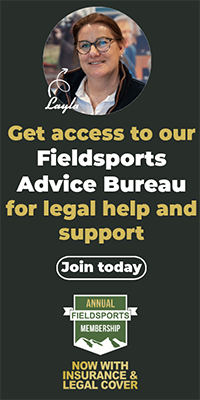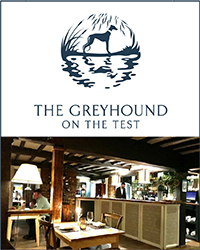Professional Deer Manager Peter S Jones looks at the rise of deer in urban environments and the challenges involved in controlling a rising deer population.
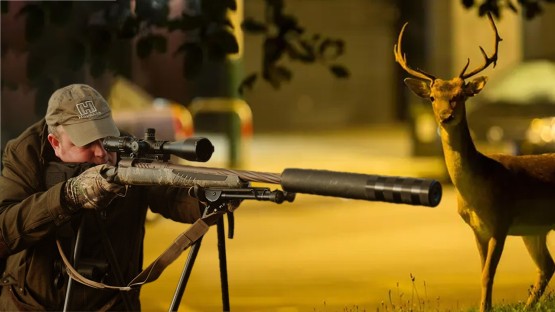
I once read a quote by the great Roe deer specialist Richard Prior who said, “Deer study people like their lives depend on it, which of course they do”.
Deer are quick to adapt their behaviour, much like a range of other wild animals that have adapted their behaviour to become Synanthropic. That is to say, that they have become ecologically associated and even dependent on human habitats. Such examples might be the Rat, the House Mouse and the Urban fox.
As the UK deer population expands to its highest level in 1000 years and as man encroaches more and more on the countryside, it is only natural that deer also diffuse into the regions where towns meet the country.
This is further encouraged by the increasing green spaces in our cities, the substantial growth in the UK deer population and the pressure of hunting and shooting in the surrounding countryside.
It is no surprise therefore, that deer of all species are adapting to spend more of their time in urban areas.
The problem, however, is that with no natural predation, deer numbers in the UK expand by as much as 30% per annum, and high numbers can result in disease and starvation, and as deer venture closer to cities, the inevitable deer vehicle collisions and accidents that result in deer becoming ensnared in things like football nets, fences and other man made apparatus.
The solution is, as with most things, multi-pronged. Yes, we must strive to preserve and enhance the natural habitat of deer, but having removed our native lynx and wolf many years ago, we must also recognise our obligation to control deer ourselves.
There are a number of areas in the UK where sightings of deer in the city centre have become the norm’. Northeast London which borders Epping Forest is one such example, where inadequate control and the lack of good deer management policies, has resulted in a significant number of Fallow and Muntjac deer venturing into the London boroughs.
Plymouth is another area where deer are increasingly becoming a familiar sight in urban environments and in our most recent film, we venture to Plymouth to speak with deer manager Paul Symons, who spends an inordinate amount of his time dealing with this growing problem.
To watch the film simply follow this link: youtube.com/watch
So how do deer managers tackle the growing number of deer in our cities? Well clearly, the use of deer-legal, high-powered rifles in our towns and cities is not an option, so deer managers will instead concentrate on the surrounding areas, where it is possible to safely dispatch deer with a safe shot, without endangering the public.
It is only through lowering the density of deer in the areas surrounding city centres, that deer numbers can be reduced, thereby reducing the overall pressure on the surrounding countryside, improving biodiversity and negating the need for deer to spread into urban areas.
Of course, shooting deer in areas close to towns and cities, which are often criss-crossed with footpaths frequented by members of the public, requires the sound judgement of trained hunters that have completed 'accredited' deer-stalking-qualifications
A widely recognised route in becoming a deer manager and trained hunter, is by taking the PDS1 - Proficient Deer Stalking Qualification. This nationally recognised, LANTRA and UK Rural Skills Accredited course, is available online via the ‘UK Shooting & Hunting Academy’, an easy to use, e-learning platform, that can be found by following this link: deer-stalking-course
Of course, no matter in what circumstances deer have been shot, provided the animal is healthy and well and has been inspected by a trained hunter, it will be submitted into the human food chain as a highly nutritious, healthy form of wild meat.
To learn more about Deer Stalking Qualifications click here: deer-stalking-qualifications
To get started on the Proficient Deer Stalker Certificate Level 1 and take the first step in becoming a trained hunter, just follow this link: deer-stalking-course
If you need deer controlling, then we offer a professional and experienced service to landowners. Please contact County Deer Stalking on 0203 981 0159 / 07789 747709 or email




